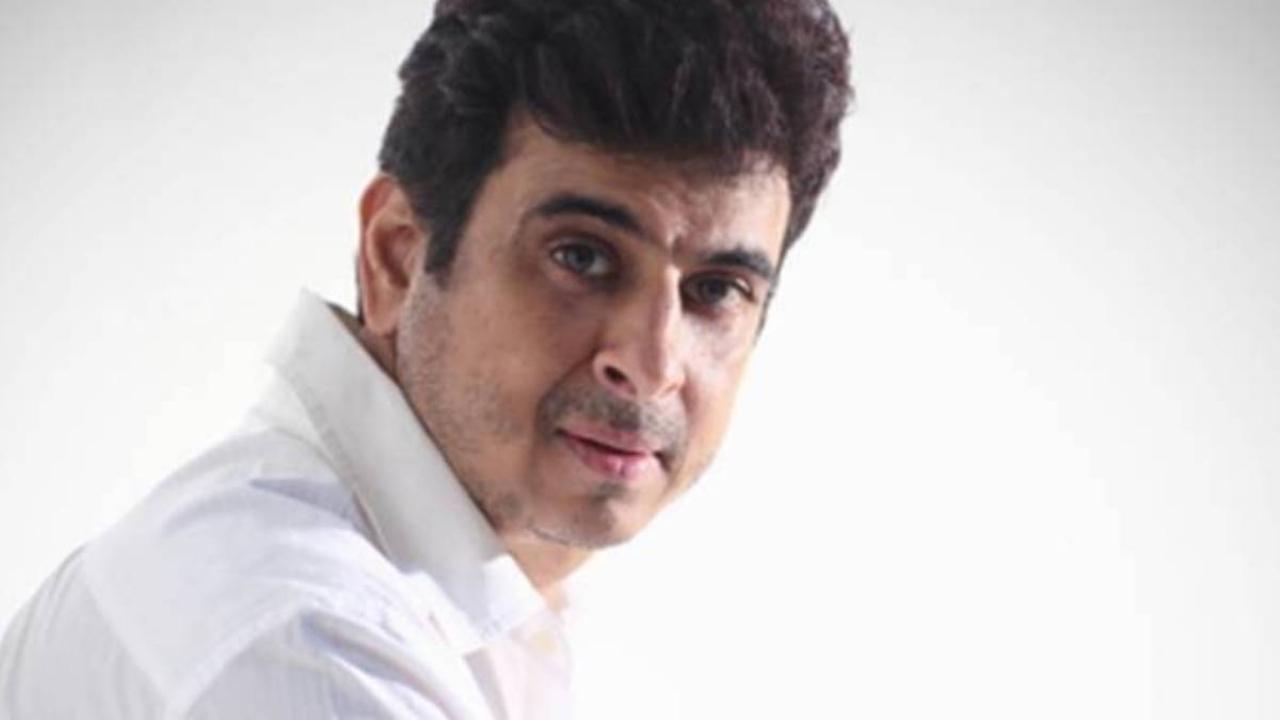
In the wake of Abhijeet Bhattacharya’s explosive revelations about industry politics, another veteran voice of Indian music has come forward to shed light on the prevailing issues. Palash Sen, famed for his independent music band Euphoria, has spoken out about the challenges faced by budding musicians in an industry dominated by complex and sometimes unscrupulous practices.
Palash Sen, who ruled the independent music scene in the early 2000s, asserts that independent music is making a notable comeback in India. However, he points out that a majority of young musicians are still apprehensive about voicing their concerns against those wielding authority in the industry. Speaking candidly on the topic, Sen said, “Definitely, independent music has become better. Everybody has started speaking about it. Young musicians don’t want to be slaves to the system.”
The veteran singer did not shy away from admitting that there is significant politics in the music industry, much like any other societal structure. When probed about whether young artists have approached him with their concerns, Sen revealed, “Of course, but they cannot speak. People are scared. Somebody in control can turn around and say, ‘tu zyada bol raha hai tujhe kaam nahi dunga.’”
In contrasting the Indian music scene with that of the United States, Sen highlighted, “In America, the film industry and the music industry are separate. Agar tumhe kuch karna hai toh apne industry mein reh kar karo na. If the film industry wants your music, it will buy it from you. It will not hire you like a slave, ki baith ke ye banao.”
This discussion resonates deeply with the recent remarks made by playback singer Abhijeet Bhattacharya, who had voiced numerous hit songs, particularly those featuring Bollywood superstar Shah Rukh Khan in the 90s and early 2000s. Bhattacharya has opened up about the early days of his career, detailing how he often felt humiliated by music directors due to underlying industry politics.
In a recent interview with Pinkvilla, Bhattacharya disclosed, “Mere saath bahut huya hai… jisme hota tha ki, music director ko jaise hi laga ke Shah Rukh Khan ki picture mil gayi… kitne bhi close ho mere woh music director, aisa lagta tha ki uska motive hi tha ke Abhijeet ko nahi gavaaunga (It has happened a lot with me.
. When music directors would get a Shah Rukh Khan film, they wouldn’t give me a chance to sing, no matter how close I was to them).”
He further elaborated on his struggles, stating, “Jabse mujhe award mila, aur koi film bahut badi blockbuster nahi thi Yes Boss, gaana bhi blockbuster nahi tha, lekin us time pe saare blockbusters ke beech mein ek non-blockbuster tha, Border, Pardes, Dil To Pagal Hai. Aur idhar mujhe mil gaya… Aur kitne music directors ko woh laga… uske baad dikha dikha ke mujhe woh bolte hain ke gaana tumse nahi gavayenge (When I won an award for my song in Yes Boss, mine was the only non-blockbuster song among all the blockbuster tracks from films like Border, Pardes and Dil To Pagal Hai… After that, many music directors would openly tell me that they won’t give their song to me).”
The revelations by both Sen and Bhattacharya have ignited a broader conversation about the oppressive elements within the music industry. Sen emphasized the importance of creating a more inclusive environment where musicians can freely express their creativity without fear of retribution from higher-ups. “Young musicians need to know that they have a right to their art. They shouldn’t have to conform to anyone’s demands if it compromises their integrity,” Sen added.
Sen’s statements underline the structural issues within the industry that have long been overlooked. He argued for a separation akin to that in the U.S., where the film and music industries operate distinctly, allowing musicians more control over their art. This model, according to Sen, could liberate musicians from the necessity to align their creations strictly with cinematic requirements, thus nurturing a more authentic musical landscape.
The ongoing dialogue around these topics is both necessary and timely. As more and more musicians like Abhijeet Bhattacharya and Palash Sen come forward, it becomes increasingly clear that the call for change is not just necessary but urgent. The current scenario, laden with favoritism and an evident hierarchical obstruction to genuine talent, demands introspection and immediate action from industry leaders.
Palash Sen’s advocacy for transparency and independence in the music industry is a clarion call for solidarity among musicians to reclaim their rights and creative freedom. In conclusion, while independent music is experiencing a renaissance, the industry’s dark underbelly continues to stifle nascent talents. The testimonies of veteran artists underscore the need for systemic reforms to foster a fair and equitable environment, encouraging young musicians to rise above their fears and challenge the status quo.












